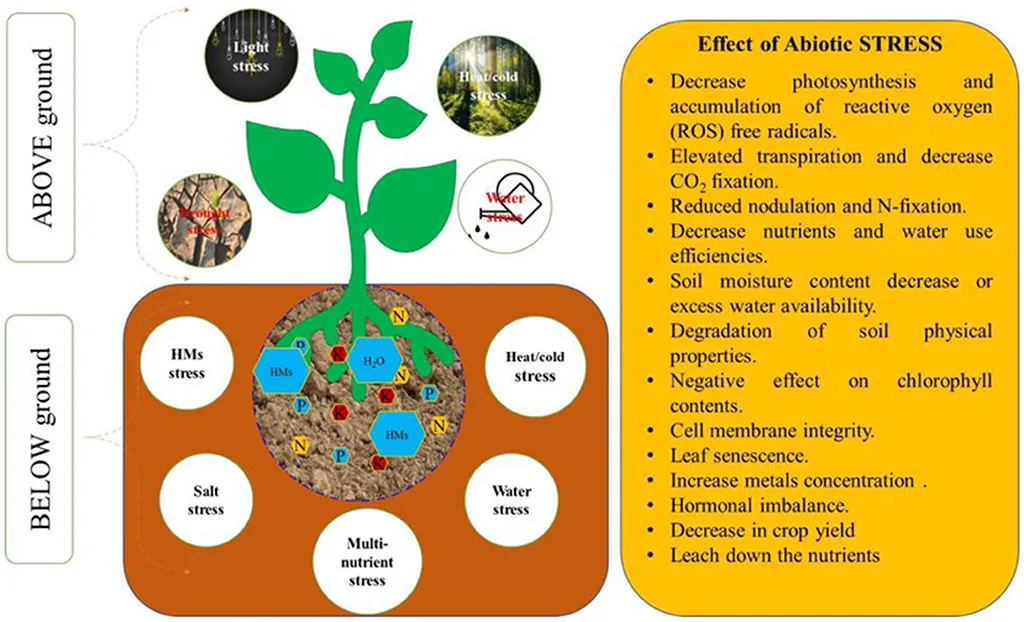In the face of climate change and increasing soil salinity, scientists are exploring innovative ways to enhance crop resilience. A recent study published in the journal ‘Plants’ has unveiled promising findings on the use of a novel plant growth regulator to help rapeseed plants acclimate to salt stress. The research, led by Liliya V. Kolomeichuk from the Department of Plant Physiology, Biotechnology and Bioinformatics at National Research Tomsk State University, focuses on the conjugate of 24-epibrassinolide with succinic acid, known as EBL THS.
Rapeseed (Brassica napus L.) is a crucial oilseed crop, but its growth and yield are significantly hampered by salt stress, a common problem in many agricultural regions. The study investigated the effects of EBL THS and its parent compound, 24-epibrassinolide (EBL), on rapeseed seedlings subjected to chloride salinity. The findings suggest that EBL THS could be a game-changer for the agriculture sector.
The research team found that salt stress inhibited growth processes, reduced pigment content, and disrupted ion balance in rapeseed plants. However, pretreatment with EBL THS mitigated these adverse effects more effectively than EBL alone. “EBL THS, like EBL, increased the salt tolerance of rapeseed plants, but had a more pronounced stress-protective effect, primarily at the level of antioxidant system components,” Kolomeichuk explained.
The study demonstrated that EBL THS enhanced the activity of key antioxidant enzymes, such as superoxide dismutase and peroxidase, which play a pivotal role in protecting plants from oxidative damage. Moreover, EBL THS stimulated the accumulation of proline, an osmoprotectant that helps plants cope with osmotic stress. These findings highlight the potential of EBL THS as a powerful tool for improving crop resilience to salt stress.
The commercial implications of this research are substantial. With the global demand for rapeseed oil and biofuels on the rise, enhancing the salt tolerance of rapeseed crops could significantly boost yields and economic returns for farmers. Furthermore, the development of EBL THS-based products could open up new avenues for the agriculture sector, particularly in regions affected by soil salinity.
As climate change continues to exacerbate environmental stresses, the need for innovative solutions to enhance crop resilience has never been greater. This research not only sheds light on the potential of EBL THS as a stress-protectant but also paves the way for future developments in the field of plant biotechnology. By harnessing the power of brassinosteroids and their conjugates, scientists may unlock new strategies to safeguard global food security in the face of a changing climate.
The study, titled “24-Epibrassinolide-Succinic Acid Conjugate Is Involved in the Acclimation of Rape Plants to Salt Stress,” was published in the journal ‘Plants’ and was led by Liliya V. Kolomeichuk from the Department of Plant Physiology, Biotechnology and Bioinformatics at National Research Tomsk State University.

